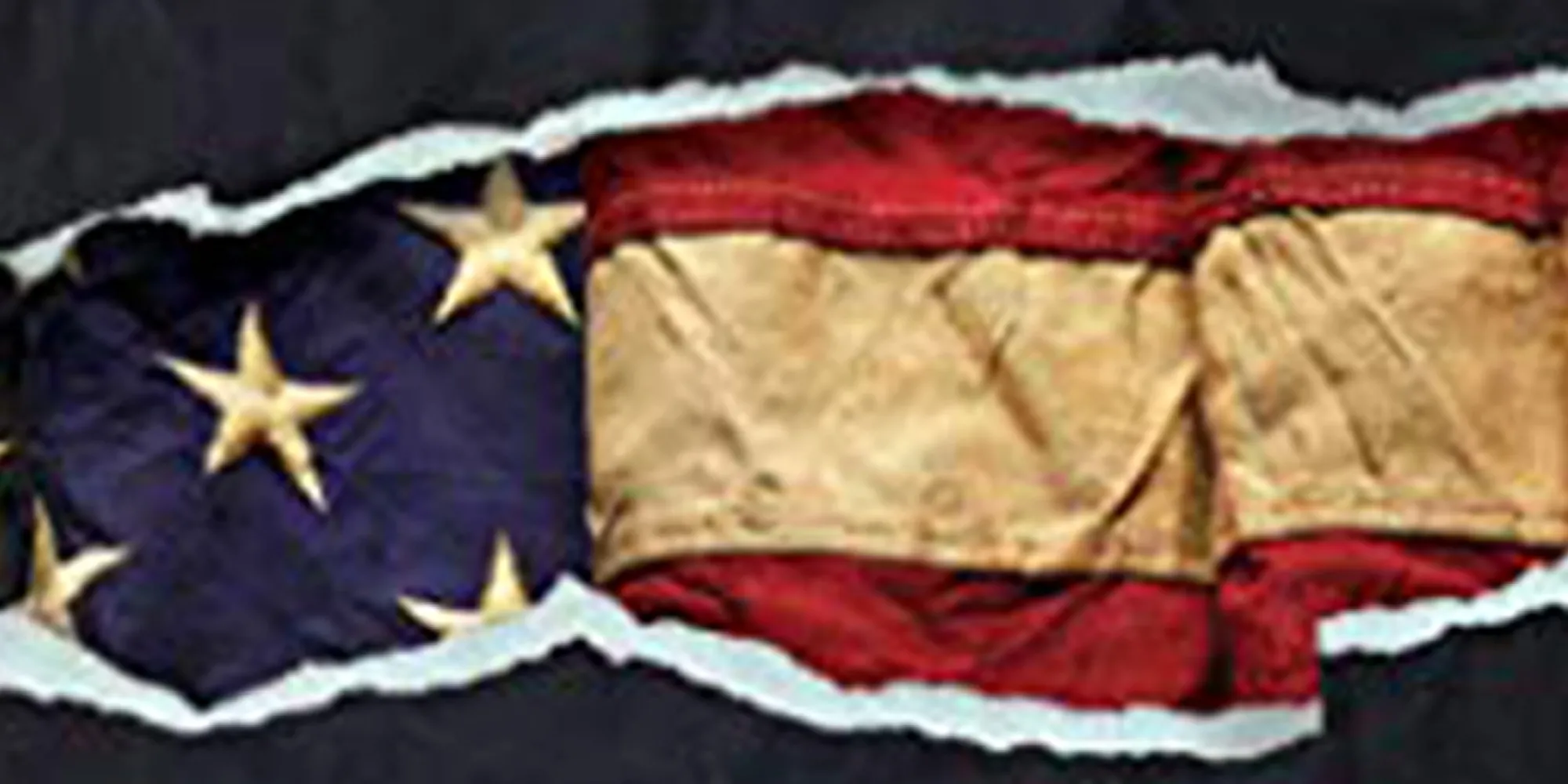Damaged Heritage: A Conversation

Trinity parishioner J. Chester Johnson discusses his book, Damaged Heritage: The Elaine Race Massacre and a Story of Reconciliation, and the legacy of racism and hope for reconciliation with fellow Arkansas native Catherine Meeks, Executive Director of the Absalom Jones Episcopal Center for Racial Healing in Atlanta. The conversation was recorded June 16, 2020.
Mr. Johnson first brought his story to Trinity in 2014 during a symposium about the Elaine Race Massacre.
Learn more about the book, Johnson, and his relationship with Sheila Walker, a descendant of victims of the massacre through this article and video.
Watch the full video of the the conversation between Mr. Johnson and Dr. Meeks below and explore the topics of white supremacy and racial justice with the resources further down.
Resources
Absalom Jones Center for Racial Healing
The Absalom Jones Center for Racial Healing, founded by Dr. Catherine Meeks, provides programs and resources to promote racial reconciliation.
Damaged Heritage: The Elaine Race Massacre and A Story of Reconciliation
J. Chester Johnson
The 1919 Elaine Race Massacre, arguably the worst in our country’s history, has been widely unknown for the better part of a century, thanks to the whitewashing of history. Johnson discovered his beloved grandfather had participated in the Massacre. Determined to find some way to acknowledge and reconcile this terrible truth, Chester would eventually meet Sheila L. Walker, a descendant of African-American victims of the Massacre.
1619 Podcast by The New York Times
Hosted by Nikole Hannah-Jones
This podcast is part of the 1619 Project, which examines the legacy of slavery in the US.
Stand Your Ground: Black Bodies and the Justice of God
The Very Rev. Dr. Kelly Brown Douglas
This book examines the myths and narratives underlying a “stand-your-ground” culture, taking seriously the social as well as the theological questions raised by the killing of black bodies.
How To Be An Antiracist
Ibram X. Kendi
The author asks us to think about what an antiracist society might look like, and how we can play an active role in building it. Kendi weaves together an electrifying combination of ethics, history, law, and science--including the story of his own awakening to antiracism--bringing it all together in a cogent, accessible form.
Stamped from the Beginning
Ibram X. Kendi
In this deeply researched and fast-moving narrative, Kendi chronicles the entire story of anti-Black racist ideas and their staggering power over the course of American history. In shedding much-needed light on the murky history of racist ideas, this book offers us the tools we need to expose them—and in the process, gives us reason to hope.
Deep Denial: The Persistence of White Supremacy in United States History and Life
David Billings
Deep Denial, part popular history and part personal memoir, documents the 400-year racialization of the United States and how people of European descent came to be called white. A master storyteller, Billings starts each chapter with a disarming and intimate vignette from his personal life, beginning with his white, working-class boyhood in Mississippi and Arkansas. He then situates these telling moments in a broader historical context that will be new and disturbing to many readers.
White Fragility: Why It's So Hard for White People to Talk About Racism
Robin DiAngelo
White Fragility is a state in which even a minimum amount of racial stress becomes intolerable, triggering a range of defensive moves. These include emotions such as anger, fear, and guilt, and behaviors such as argumentation, silence, and leaving the stress-inducing situation. This book explicates the dynamics of White Fragility and how we might build our capacity in the on-going work towards racial justice.
“13th”
This film by director Ava Duvernay explores the "intersection of race, justice, and mass incarceration in the United States;" it is titled after the Thirteenth Amendment to the United States Constitution, adopted in 1865, which abolished slavery throughout the United States and ended involuntary servitude except as a punishment for conviction.
Becoming Beloved Community
A comprehensive vision and growing set of resources for Episcopalians working toward racial healing, reconciliation and justice. It includes the Beloved Community Story Sharing, a guide for sharing stories of faith, race and difference.






